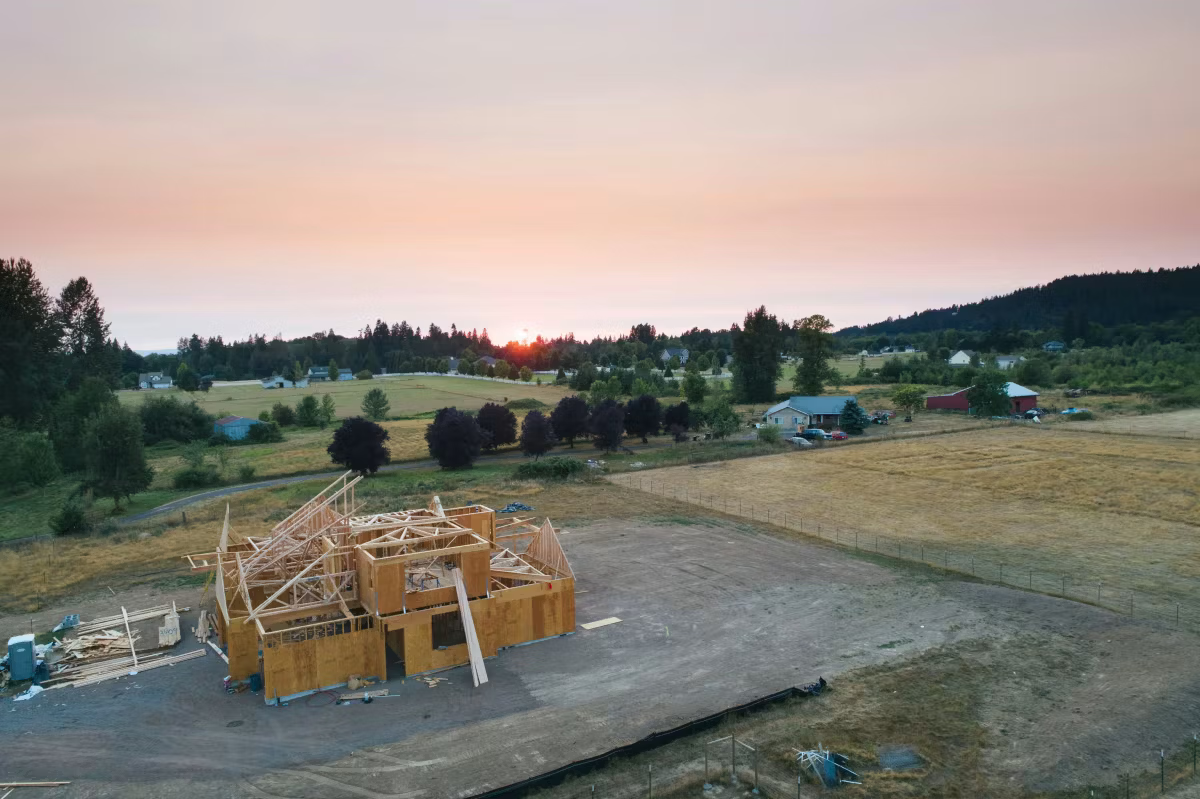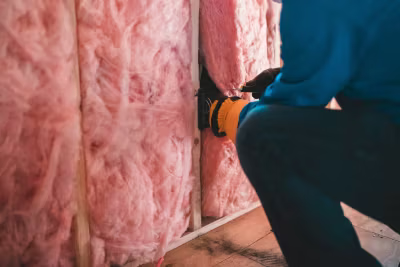Construction projects are complex endeavors that require precision and expertise at every stage. Despite careful planning and execution, construction defects can still occur, creating significant challenges for property owners. Understanding what constitutes a construction defect, recognizing common types, and knowing when to seek legal counsel is essential for protecting your investment.
What Are Construction Defects?
Construction defects are flaws or deficiencies in the design, workmanship, materials, or systems of a constructed property. These defects can manifest in various ways, leading to functional, structural, or aesthetic issues that may compromise the safety, integrity, or value of your property.
The Four Main Categories of Construction Defects
Construction defects generally fall into four recognized categories:
Design Deficiencies These defects stem from errors or omissions in the architectural or engineering plans. Examples include inadequate structural support, improper building orientation, or faulty drainage systems.
Material Defects Material defects occur when substandard or unsuitable materials are used in construction. This encompasses everything from low-quality lumber to defective plumbing fixtures or inferior roofing materials.
Workmanship Deficiencies These defects arise from errors or negligence during construction or installation. Examples include poor welding, improper electrical wiring installation, or shoddy masonry work.
System Failures System failures refer to defects in the building's mechanical, electrical, or plumbing systems. These may result from faulty installations, inadequate maintenance, or improperly sized components.
Common Types of Construction Defects
While construction defects can vary widely, some types are more prevalent than others. Here are the most common issues property owners encounter:
Water-Related Problems
Water Intrusion One of the most pervasive construction issues, water intrusion can lead to mold growth, rotting wood, and structural damage. Common causes include:
Poorly sealed windows
Inadequate waterproofing membranes
Improperly installed roofing systems
For more information on water-related issues, see our guide on navigating water damage claims.
Roofing Defects Roofing problems such as leaks, missing shingles, or improper flashing can result in water damage and compromise the building's thermal performance. Poor installation practices and subpar materials are often to blame.
Structural Issues
Foundation Cracks and Settlement Foundation problems can arise from various factors, including:
Soil movement
Poor compaction
Substandard concrete mixtures
Cracks in the foundation can compromise the structural integrity of the entire building, leading to sloping floors, sticking doors, or even collapse in severe cases.
Structural Deficiencies These encompass a wide range of issues, including inadequate framing, improper reinforcement, or undersized structural members. Such defects can pose significant safety hazards and may require costly repairs.
Building Systems Problems
Plumbing Problems Plumbing defects can manifest as:
Leaks
Clogs
Inadequate water pressure
Improperly installed pipes, faulty fixtures, or substandard materials can contribute to plumbing issues that affect the property's functionality and habitability.
Electrical Issues Electrical defects pose fire hazards and safety risks to occupants. Common examples include:
Overloaded circuits
Faulty wiring
Inadequate grounding
Compliance with building codes and standards is crucial to prevent electrical problems.
HVAC System Deficiencies Heating, ventilation, and air conditioning systems play a vital role in maintaining indoor comfort and air quality. Defective HVAC systems can result in:
Uneven temperatures
Poor air circulation
Increased energy consumption
Issues such as improper installation, inadequate maintenance, or faulty components can contribute to HVAC system problems.
Energy Efficiency and Comfort Issues
Insulation Problems Insufficient or improperly installed insulation can compromise a building's energy efficiency, leading to increased heating and cooling costs. Common insulation problems include:
Gaps in coverage
Compression of materials
Incorrect placement
Windows and Doors Defective windows and doors can compromise energy efficiency, security, and indoor comfort. Issues include:
Air leaks
Poor insulation
Improper installation
These problems can lead to drafts, moisture intrusion, or difficulty operating the windows and doors.
Exterior and Aesthetic Issues
Exterior Finishes Exterior finishes such as siding, stucco, or brick veneer serve as both aesthetic elements and protective barriers against the elements. Defective exterior finishes can lead to:
Water intrusion
Cracking
Premature deterioration
Landscaping Issues Landscaping defects can impact both aesthetics and functionality of outdoor spaces. Common issues include:
Grading problems
Drainage issues
Improper installation of retaining walls and fences
These defects can lead to water pooling, erosion, or damage to the property's foundation.
Finish and Cosmetic Defects While not structurally significant, finish and cosmetic defects can include:
Uneven paint application
Flooring gaps or warping
Visible seams in trim work
These issues can detract from the overall appearance and value of the property.
When to Contact a Construction Defect Lawyer
Navigating construction defect claims can be complex, requiring thorough understanding of construction law and the ability to gather supporting evidence. Consider consulting with a construction defect lawyer in these situations:
Property Damage Situations
Substantial Property Damage If your property has sustained significant damage from construction defects, such as extensive water intrusion or foundation failure, legal counsel can help you assess your options and pursue compensation for repairs. Learn more about how construction defects can lead to mold issues.
Safety Hazards When construction defects pose immediate safety risks to occupants, prompt legal action may be necessary to protect both your family and your legal rights.
Contract and Warranty Issues
Breach of Contract If the construction contract was breached due to failure to meet specified standards or timelines, a lawyer can help you enforce your contractual rights and seek remedies for damages incurred.
Warranty Disputes Many construction projects come with warranties guaranteeing the quality of materials and workmanship. If builders or contractors fail to honor these warranties, legal representation can help ensure you receive appropriate remedies. For more information, see our article on construction defect claims beyond the 1-year warranty.
Complex Legal Situations
Liability Issues Determining liability for construction defects can involve multiple parties, including contractors, subcontractors, architects, and engineers. A skilled construction defect lawyer can investigate circumstances and identify responsible parties.
Statute of Limitations Construction defect claims are subject to statutes of limitations that vary by jurisdiction and claim type. For more details, see our guide on understanding statutes of limitations for construction defect claims. Consulting with a lawyer promptly is essential to preserve your right to pursue legal action.
Insurance Coverage Disputes Resolving disputes with insurance companies over construction defect coverage can be challenging. A construction defect lawyer can help navigate the claims process and negotiate with insurers for fair compensation.
Special Circumstances
Homeowner Association (HOA) Disputes If you own property within a homeowners association, disputes over construction defects may involve complex legal issues requiring specialized expertise.
Mediation and Arbitration Alternative dispute resolution methods may sometimes be more cost-effective than litigation. A construction defect lawyer can assess whether these options are suitable for your case. Learn more about Colorado construction defect mediation vs. court.
Class Action Lawsuits If multiple property owners are affected by similar construction defects, forming a class action lawsuit may be effective for pooling resources and pursuing collective legal action.
Protecting Your Investment
Construction defects can have serious implications for property owners, ranging from financial losses to safety hazards. By understanding the nature of construction defects and common types of issues, you can better protect your interests.
If you believe your property is affected by construction defects, timely action is crucial. For more guidance, review our frequently asked questions about construction defect lawyers in Colorado to understand your options for recourse.
Remember, preserving your rights and maximizing your chances of a favorable outcome requires prompt attention to any construction defect issues that arise in your property.
Have Questions About Construction Defects?
Our experienced construction defect attorneys are here to help. Schedule a free 15-minute screening call to discuss your situation.


